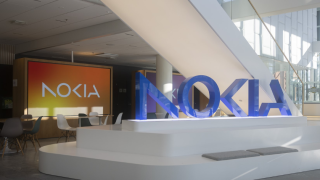The Future Value of Mobile in Emerging Markets report examines the impact of multiple 5G spectrum deployments across consumer, industry, logistics, rural and public services clusters.
The study spans 15 countries in Asia, Africa and Latin America and indicates that baseline 5G deployment cost is estimated between US$3 billion to US$8 billion per country.
An additional 20% to 35% investment is required to extend coverage.
Most countries are expected to generate overall economic benefits (GDP) three to seven times higher than the incremental cost of extending coverage.
Results suggest that 5G mobile broadband can generate consumer surplus between US$1 billion to US$10 billion per country, with coverage extension giving 20% to 40% extra consumer surplus.
The paper adds that adopting 5G can help reduce emissions by supporting digital transformation in agriculture, freight and logistics, smart factories and construction.
Andrew Lloyd, head of government and policy advocacy at Ericsson said: "This Analysys Mason Future Value of Mobile in Emerging Markets report provides a detailed breakdown, based on comprehensive research into realistic and achievable scenarios in each of the 15 countries, of the potential economic, social, environmental and national benefits of 5G in these markets.
“With the backing of governments, regulators and policy makers, each of these 15 countries, and their citizens, stand to benefit significantly from 5G connectivity.
“In addition to economic benefits, 5G can also reduce climate impact, increase social inclusion, wellbeing and tackle the digital divide in areas where fixed infrastructure availability is poor."
The methodology used national government statistics and reports, based on population density distribution and existing national infrastructure such as road and rail networks and agriculture.
Expanded mid-band 5G coverage was identified as a key success factor in the report, with the potential to deliver around 80% of the economic benefits.






